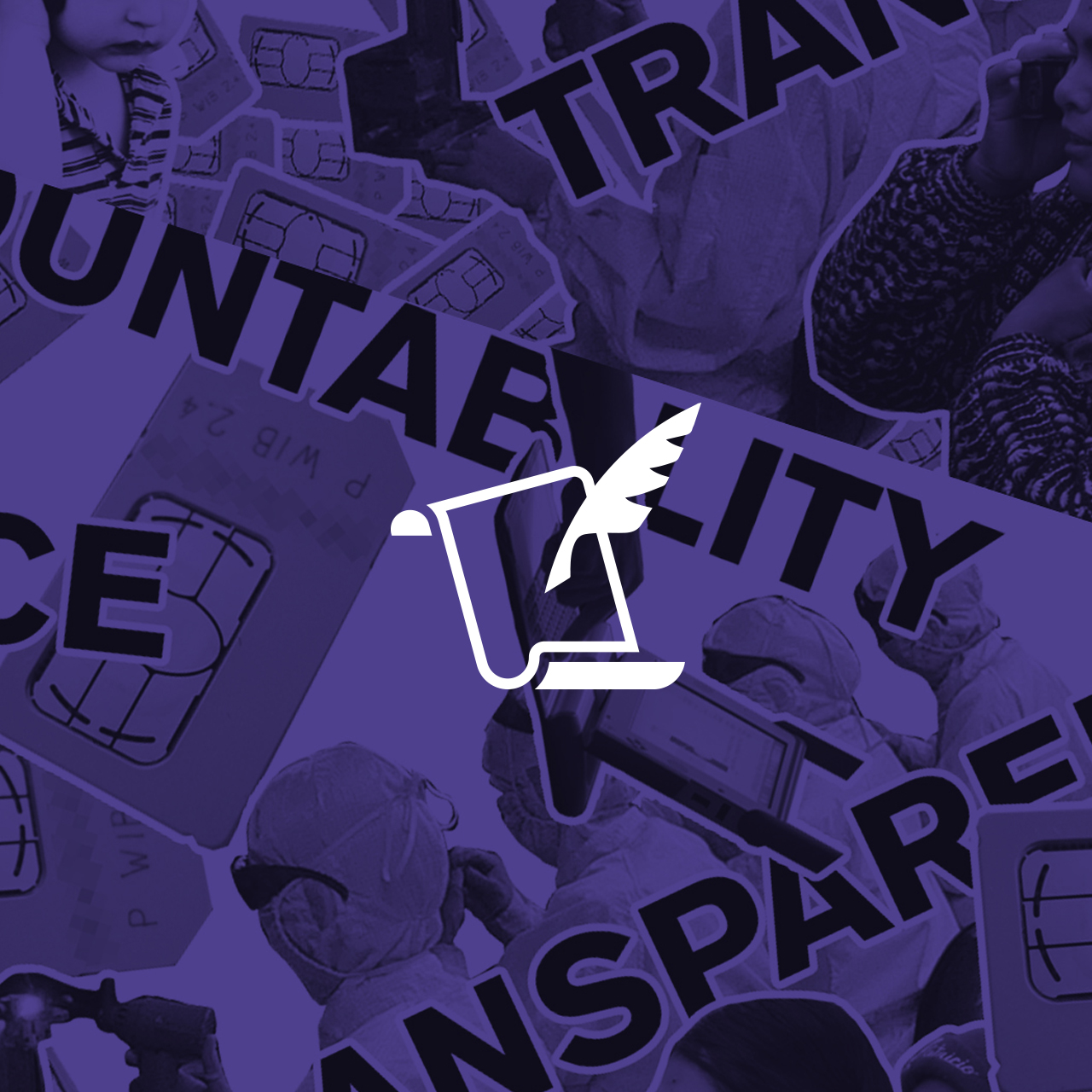
When you develop an entire national regulatory and policy framework from scratch, it’s good to get some input first.
Since 2011, Myanmar has embarked on an ambitious plan to get most of its population online, and is succeeding beyond the expectations of the few foreign telecom companies operating there. Yet the country still faces acute problems, from armed conflicts and crippling disasters to its closed political structures. These problems could come to a head during the crucial general elections in November.
So we were eager to answer the Myanmar government’s call for comment on its Draft Telecommunications Masterplan, a concise and strong start to a document that lays out a plan for the next few years of the country’s telecommunications roll-out. The plan sets out three broad goals: to create a Myanmar national broadband infrastructure with affordable services; to deliver communications content and services for the Myanmar people in a rights-respecting, mobile-first system; and to develop an institutional and policy framework for effective oversight. Much of the dirty work – setting out exact procedures and rules on government surveillance, for example – is left for other officials to hammer out later.
Civil society organizations offer input under the wire
Despite having a short window of time to comment, and despite the fact that there wasn’t much notice for the consultation, a few civil society organizations, such as the Myanmar ICT for Development Organization (MIDO), LIRNEasia, and Myanmar Centre for Responsible Business (MCRB), were able to submit comments by last Friday’s deadline.
Here is Access’s comment on Myanmar’s draft masterplan [PDF]; MIDO’s comment [PDF]; and MCRB’s comment.
Access and MCRB raised many of the same issues, counseling the Myanmar Ministry of Communications and Information Technology (MCIT) to place human rights like privacy, free expression, and affordable, equitable access to information on equal footing with its goal of aggressively developing the nation’s telecommunications infrastructure. For instance, Access and MCRB both called for:
- A commitment to Net Neutrality, which is fundamental to ensure that the internet remains a platform for the enjoyment of human rights and innovation;
- A commitment not to shut down communications networks, like the Myanmar government did in 2007;
- A data protection system that informs and protects users, while also encouraging innovation;
- A lawful intercept framework that comports with international law and norms, such as the International Principles on the Application of Human Rights to Communications Surveillance, and suggestions for applying those principles as articulated in Access’s Implementation Guide [PDF] for the principles, and the 7 Principles developed jointly by MCRB and the Institute for Human Rights and Business (IHRB) for a rights-respecting lawful intercept model; and finally,
- A non-judicial dispute resolution mechanism that complies with the 7 principles for effective grievance mechanisms that are elaborated in the U.N. Guiding Principles on Business & Human Rights.
Access supports MCRB’s call for the release of “transparency reports” from the various Myanmar telecom regulatory bodies to provide the public with information about government actions or demands that impact people’s fundamental rights, and its call for the publication of telecom licenses. We recently analyzed the first transparency report from Telenor, which operates in Myanmar and has begun to respond to the Myanmar government’s requests for user data.
For their part, MIDO, MCRB, and LIRNEasia asked for clarity about the planned Universal Services Fund (USF), a set of taxes and fees on carriers that subsidize “connectivity to basic services and high-speed internet in remote areas of the country, where commercial network economics cannot justify the build out alone.” Many nations have such funds, which are often meant to help connect rural residents to the national networks, but the results are mixed, according to the groups submitting comments. MCRB recommends that the fund be renamed a Universal Service and Access Fund, and makes clear that extra efforts are needed for the fund to benefit civil society, including “groups advocating the use of ethnic minority languages, and groups concerned with gender, children and disability.”
We believe that the process of shaping and implementing Myanmar’s fund should be open and invite civil society input, and that there should be more clarity about its purpose and implementation.
A good start for Myanmar, but next time, we need more notice
We congratulate MCIT for putting out a refreshingly brief yet comprehensive regulatory plan.
However, we also ask that MCIT give more notice to civil society for future consultations, as well as longer periods of time to comment. The lack of notice and short time frame is a problem that also plagued last year’s consultation on mandatory SIM card registration [PDF]. If there is adequate notice, civil society can educate people and lead community consultations like the one recently carried out by IHRB to develop the group’s 7 Principles for lawful intercept. Specifically, MCIT should announce consultations for developing policies and regulations widely, and the draft regulations should be open for comments for at least one month – if not longer.
We look forward to seeing how the Ministry incorporates our suggestions and input from other groups into the final Telecommunications Masterplan.
